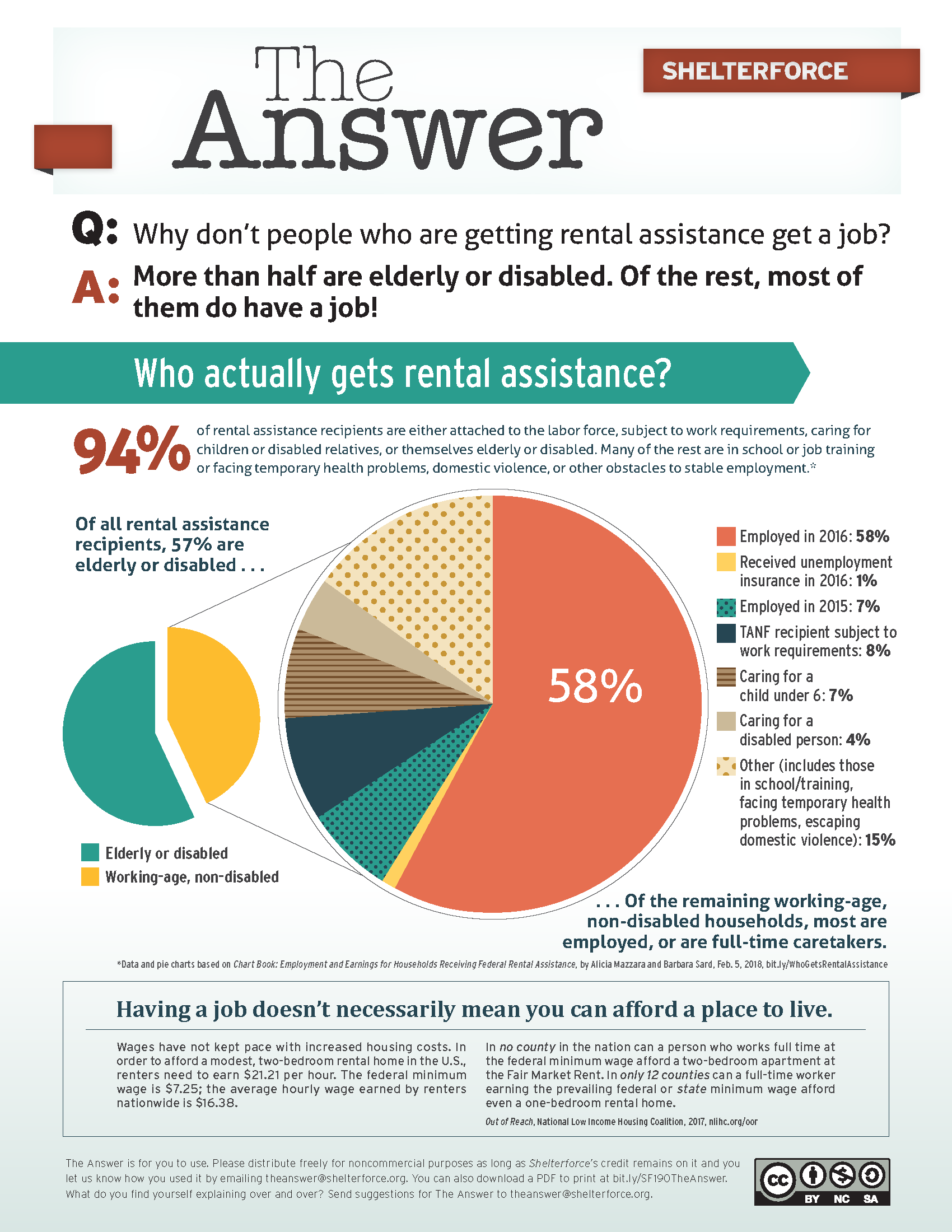New Developments: Wrong Prescription
By Thom Amdur
4 min read
Doctors don’t always diagnose the source of an ailment and as a result sometimes prescribe the wrong medicine. I’m afraid Dr. Carson may have found himself in that situation.
As you have no doubt heard by now, the Trump administration recently introduced a draft bill that would raise minimum rents and establish work requirements for many HUD-assisted households. The legislative proposal, if implemented, would increase minimum rents for most households from $50 to approximately $150. It would also permit state and local housing agencies administering Housing Choice Vouchers, public housing and owners of project-based rental assistance properties to evict or end subsidies for many households if residents don’t work or participate in “employment-related activities.” This is just a capsule summary that simplifies a more complex formula that includes provisions for hardship exemptions, but you can see the picture.
Like many of you, I presume, I was raised in a home that emphasized that hard work is a virtue and that those that can work should work. And yet, I am disheartened by this proposal. Encouraging work and self-sufficiency are good goals, but the outcome may well be the opposite of its intention and inflict harm on the very people who need affordable housing most.
It just doesn’t seem fair to target the very lowest-income-assisted households with a three-fold rent increase. When a family earns so little that it qualifies for the minimum assisted rent payment, there is no wiggle room in their budget. At the poverty level, that extra $50 or $100 a month is critical to a family’s sustenance and would be better spent on nutrition, healthcare, utilities or other essentials.
The proposed work requirements are also wrongheaded. I recently read in The Washington Post that there are a record-high 6.6 million job openings in the economy – and 6.6 million people who are actively seeking a job. The problem we face today is not the number of job openings but rather the mismatch between those job openings and job seekers, who often do not have the right skills or live in the right location for the available work. This is a serious structural barrier and one that disproportionately impacts low-income families. Any policy that requires work for subsidy also needs to assist job seekers with training to prepare for the jobs available in their market, provide affordable transit to get to those jobs, and offer resources to help care for children or family members who are ill or have disabilities, a significant reason why many Americans from all walks of life are unable to work.
Furthermore, there is a growing body of academic research providing evidence that work requirements are not effective. The Center for Budget and Policy Priorities evaluated the work requirements in HUD’s Moving to Work (MTW) program and found them to “have generated little or no long-term increase in earnings and employment and caused many families—often those with the greatest disadvantages—to lose assistance.” As a result, more families are pushed into unstable, unsafe or overcrowded housing, or homelessness, making it even harder to find a job.
HUD has other tools in its toolbox that are more effective than this proposed policy. There is bipartisan support for the Jobs Plus and Family Self-Sufficiency programs, both of which provide service coordination and incentives to support work and have a record of success. I have been encouraged as well by discussions we have had with the department on ways to improve the implementation of the Section 3 program that requires that recipients of certain HUD financial assistance, to the greatest extent possible, provide training, employment, contracting and other economic opportunities to low- and very low-income persons, especially recipients of government assistance for housing, and to businesses that provide economic opportunities to low- and very low-income persons. Perhaps HUD’s newest pilot program, EnVision Centers, which seeks to align and direct community resources and government incentives to create self-sufficiency and grow people out of rental assistance, will be another successful model.
Affordable housing and rental assistance is a platform to deliver interventions to nurture self-sufficiency. Being settled in a home allows people to tackle the other issues of life, including employment. It provides security, dignity, self-esteem and confidence to go out in the world and seek success. Affordable housing is not a symptom of illness, it is the right medicine.
